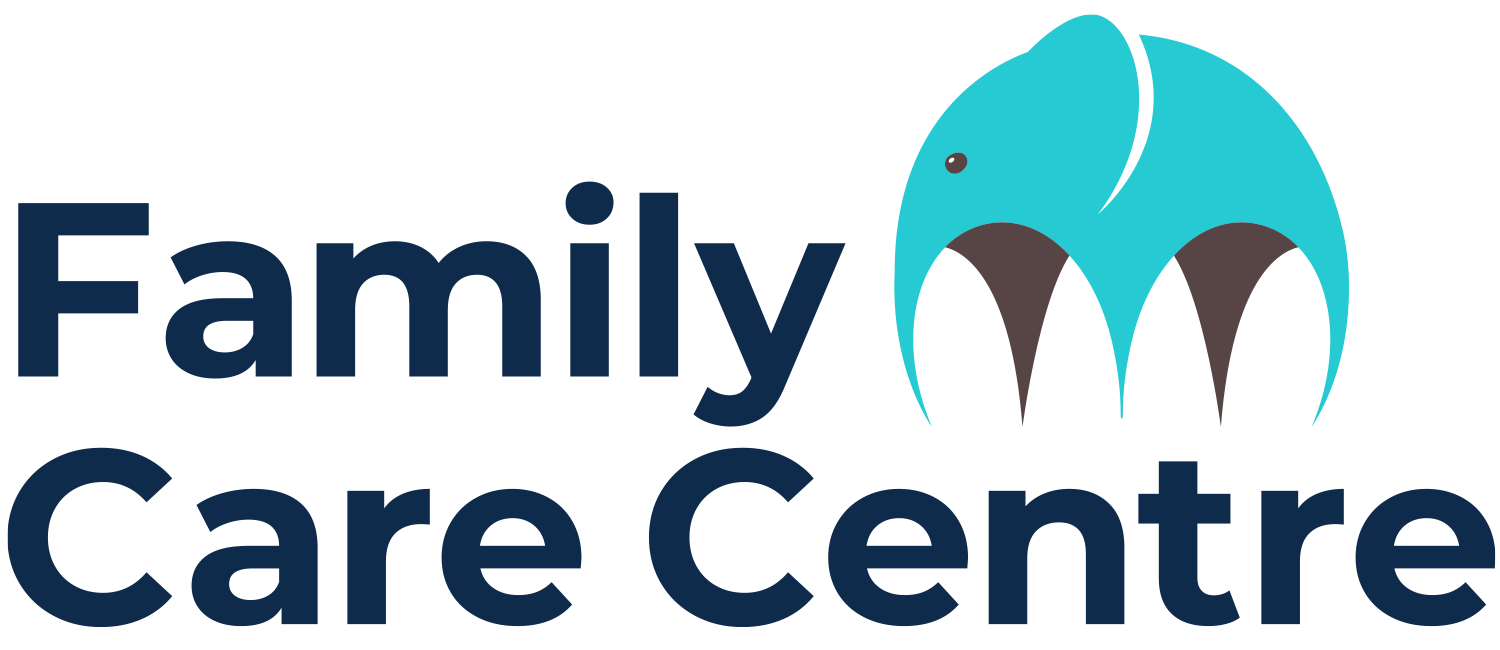Where can I get help for AFCCA?
We’ve talked a lot about the shame and stigma that surrounds AFCCA. This can make it difficult to seek out support. However, by getting help for your child or youth and your family, you can keep your home environment safe, improve communication and strengthen relationships between members. There are a range of supports available locally, including:
- Local mobile crisis teams
- Community-based child and youth mental health providers across Ontario
- AFCCA supports (specifically for adoptive or kinship families in Ontario)
- Local police services
How can I take care of myself?
As parents and caregivers, you put a lot of energy into taking care of your family. You deserve empathy, care, and support to take care of yourself. Here are a few things you can try:
- Draw on peer support. Visit Parents for Children’s Mental Health and Family Connections (a program led by peers that teaches skills for families with loved ones who have emotional dysregulation or related problems). If your family is connected through adoption or kinship, you can also connect with peer support at Interwoven Connections. Time with people who have been there can help you to feel less alone.
- Build your community of support. Friends, extended family and others in your community can be very valuable in helping you through difficult times and celebrating when things are going well.
- Practice restorative time. Do things that make you happy outside of the home. This can help broaden your perspective and offer some creative outlets that can decrease stress.
- Don’t take it personally. Being the parent or caregiver of a child or young person who struggles with AFCCA can take its toll. Understanding the reasons behind our child or young person’s actions, such as trauma or neurodiversity, can help us make sense of their actions and not take them personally. Learn more about this by checking out this tipsheet.
“I didn’t know that being assaulted or… injured by your child was a common occurrence. I was very alone. I didn’t know that we were the only ones going through it. I didn’t know where to go. I thought I was doing something wrong as a parent.”
How do I know if my family is connected to a service provider or clinician that is AFCCA informed?
Sometimes, you will be seeking supports from providers or clinicians who don’t fully understand the experience of living with AFCCA. As a parent or caregiver, you may already find yourself experiencing feelings of guilt or shame. Guilt and shame are very typical feelings that are experienced by ALL family members experiencing AFCCA, so it’s important to find a mental health care team that understands AFCCA and can validate your experience as a family member. Here is what to look for in a clinician or service provider:
- They are curious. Their approach includes seeking your expertise in ways that may sound like “How is this impacting you?” or “What have you already tried?” or “Tell me about what has worked in the past.”
- You feel seen and heard. You leave your interactions feeling like they understand what you are going through and you are invited in as a voice in this experience.
- Your expertise is valued. You know your child or youth best, and you feel that this knowledge is recognized and considered heavily when decisions are being made about services or actions. You feel like you are part of a collaborative team supporting your child or youth, rather than someone being directed on how to parent differently.
You could help your child or youth’s mental health care team learn more about AFCCA by sharing this resource. Learn more about how to navigate your feelings of guilt and shame by watching this video from the AFCCA Caregiver Training Series.
“When I consider where we were at, there have been so many changes. I think we are better able to talk to people who can provide support to us and let them know what is going on. We aren’t alone.”
You Don’t Have to Do This Alone.
If you are a parent/caregiver worried about your child, or a young person looking for help yourself – please reach out. Our network of child and youth mental health centres has 4,000 professionals ready to help children, youth and families with free counselling and treatment. We provide care in person, on the phone and virtually. No problem is too big or small.
Find your closest child and youth mental health centre.
